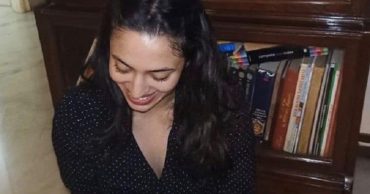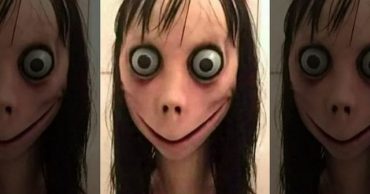Though there aren’t many French-Moroccan film producers out there today, the most well-known is probably Nabil Ayouch. He writes, directs, and produces some of the most highly-acclaimed internationally-distributed films of our time. Ayouch was born in Paris, and some of his films reflect his French heritage. One short film that Ayouch is well known for is Les Pierres bleues du desert, a story about a young man who is convinced that there are large blue stones in the desert. He went on to complete a few more films. One of the most notable was Horses of God, which competed in the Un Certain Regard category at Cannes 2012. It was a well-regarded tale about the 2003 Casablanca suicide bombings.
In recent news, Nabil Ayouch has announced that he is all set to direct another movie called Positive School. It will be a realistic hip-hop musical, as he returns to Casablanca to explore modern-day Morocco. You might want to check out this film — but first, you should learn a little more about the director. In this article, we will discuss Five Things You Didn’t Know about Nabil Ayouch.
He Won the Prize of the Ecumenical Jury
This award is reserved for films that are “works of artistic quality which witnesses to the power of film to reveal the mysterious depths of human beings”, according to the creators of the award. Nabil Ayouch won one at the 2000 Montreal World Film Festival for his movie Ali Zaoua: Prince of the Streets. This movie was a crime drama that focused on the efforts of a few homeless boys in Morocco to provide a proper funeral for their fallen companion.
He Got His Start in Advertising
The first place that Ayouch filmed any sort of commercial work was at Euro-RCSG, an advertising firm. He has said that it was a great place to train. Learning how to direct and tell a story properly were crucial to his future success. Plus, some of the technical aspects of filmmaking were covered here as well.
He is a French Knight
In 2015, Ayouch was honored with the title of Chevalier of the Order of Arts and Letters (a French Order established in 1963). This honor is reserved for those who have “significantly contributed to the enrichment of the French cultural inheritance”. It doesn’t come as much of a surprise, as his films are poignant and accurate portrayals of the lives they examine.
He Is Inspired by his Father
Though Ayouch didn’t live with his father, he finds it easy to get inspiration from and relate to him. His father was a great man — he provided microcredit to struggling small business owners, and even published a magazine that let women have a voice called Kalima (which means “the word” in Arabic). Ayouch’s father’s work was censored — much like his son’s films have been several times, despite their accurate portrayal of Morocco.
He Embraces His Diversity
When Ayouch was younger, he used to think that he was ‘too’ diverse. He is Jewish, Muslim, French, and Moroccan — so where exactly does he fit in? This attitude soon faded when he got into movies and television. It was in showbusiness that he realized that diversity is actually strength. He found a lot of inherent hope when he eliminated his main stressors as well.
 Follow Us
Follow Us





